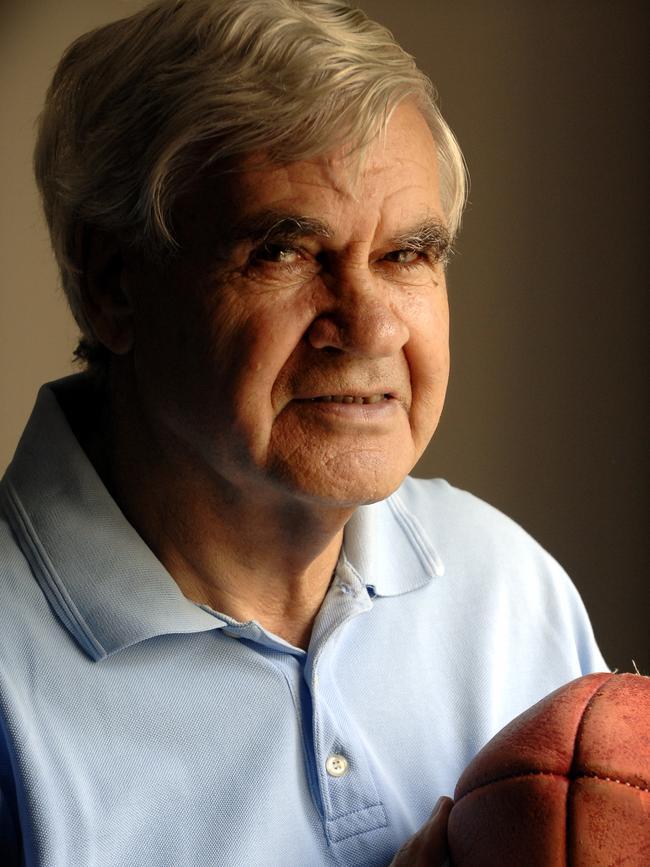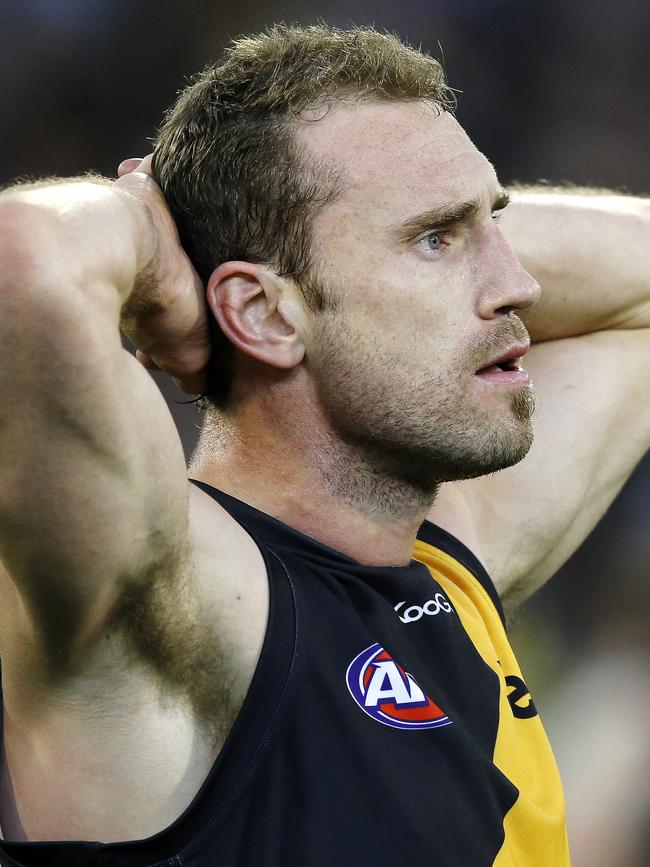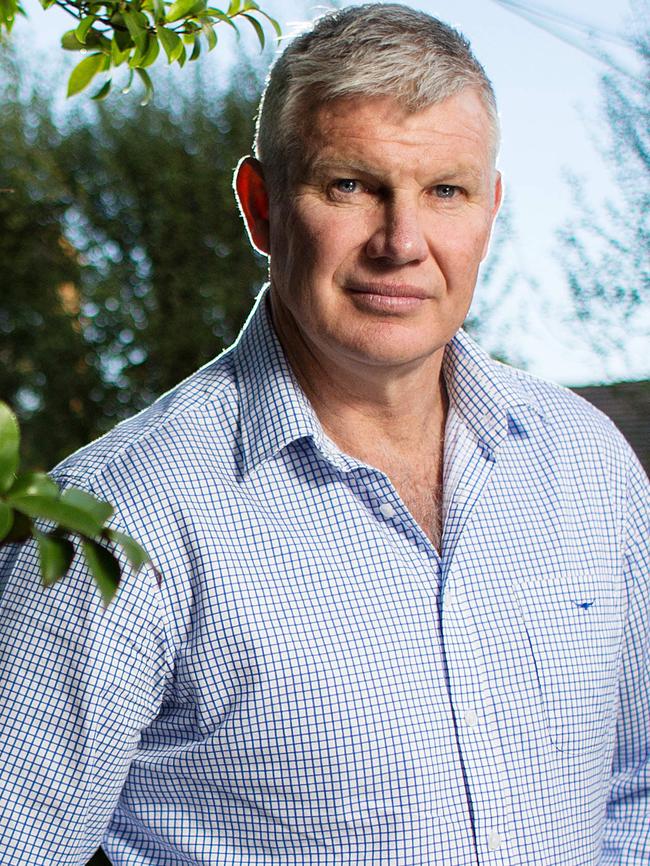How breakthrough may detect footy players’ brain trauma
Early warning signs of brain injury have been found in footy players — and tests may soon help prevent long-term damage.
AFL News
Don't miss out on the headlines from AFL News. Followed categories will be added to My News.
Melbourne scientists believe they are close to developing blood and saliva tests to help prevent significant long-term brain damage in Australian rules footballers.
Two Monash studies have shown early warning signs of brain injury can be detected long before serious symptoms occur, providing a chance to avoid long-term damage.
The new research has also found the effect of playing Aussie rules is so severe that young footballers may be biologically five to six years older than athletes from non-collision sports, suffering damage typically seen in ageing diseases such as dementia.
However, the researchers warn that without a major funding boost from leagues and governments, professional and amateur players will continue to be at risk.
By measuring biomarkers in a player’s saliva, blood and cognitive ability, Monash researcher Sandy Shultz said footballers could be monitored throughout their careers to determine if they were reaching a stage where it would become too dangerous to continue.
“Within a five-year time frame, if we had the appropriate funding, I think you would see major advances and changes in the way concussions are managed,” associate professor Shultz said.


While chronic traumatic encephalopathy, or CTE, has led the NFL, NHL and governments to pour money into concussion research in the US and Canada, Prof Shultz said Australia lagged behind.
Graham “Polly” Farmer, Shane Tuck and Danny Frawley suffered from CTE, which can only be diagnosed by examining the brain after death.
AFL veteran Shaun Smith, who played for North Melbourne and Melbourne, received a $1.4 million payout after sustaining serious brain injuries throughout his career.
He told the Herald Sun he believed the study could save players from brain injury.
“I guess this would’ve helped me out a lot, because I probably wouldn’t have kept going back to play. I may have stopped my career earlier,” he said.
Smith, who is trialling a range of drugs to improve his condition, said he hoped the AFL would back the science.
“Run with it. Go put heaps behind it. If the science adds up, you’ve just got to go with it,” he said.


Prof Shultz’s team followed 95 young male and female Victorian Amateur Football Association players and found significant differences in their biological impacts compared with those of 49 from basketball, tennis, cricket and track and field.
One Monash study published in the Journal of Concussion, and another in the Journal of Neurotrauma, detail subtle changes in footballers before severe symptoms occur.
Georgia Symons, from the Monash University Department of Neuroscience, said one of the key findings came from a saliva test that could show whether footballers had shortened telomeres — the caps at the end of DNA strands meant to protect a person’s chromosomes. Shortened telomeres are implicated in neurodegenerative conditions such as Alzheimer’s disease.
“We know concussion and playing collision sport is associated to damage but hopefully we can use these biomarkers to track in the long term so these players aren’t experiencing these really chronic symptomologies like CTE,” she said.
“It provides this window of opportunity to look before it gets too bad. That is the hope.”
An AFL spokesman said the league was interviewing for a new role to focus entirely on concussion.
More Coverage
Originally published as How breakthrough may detect footy players’ brain trauma



